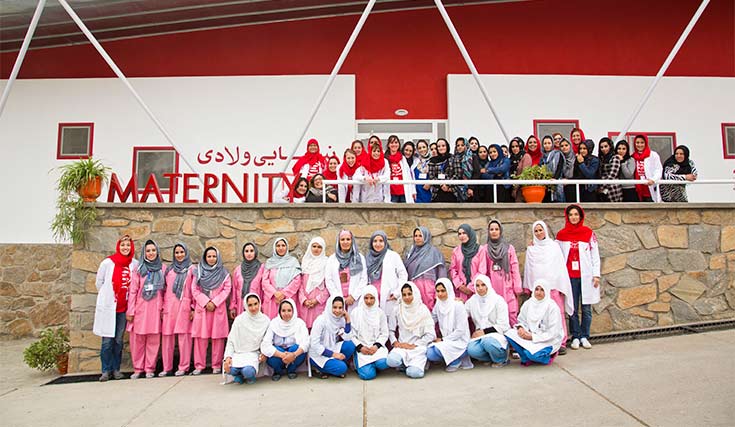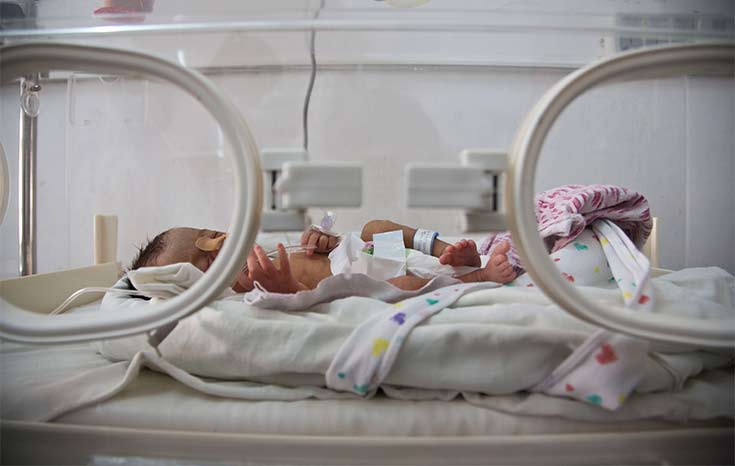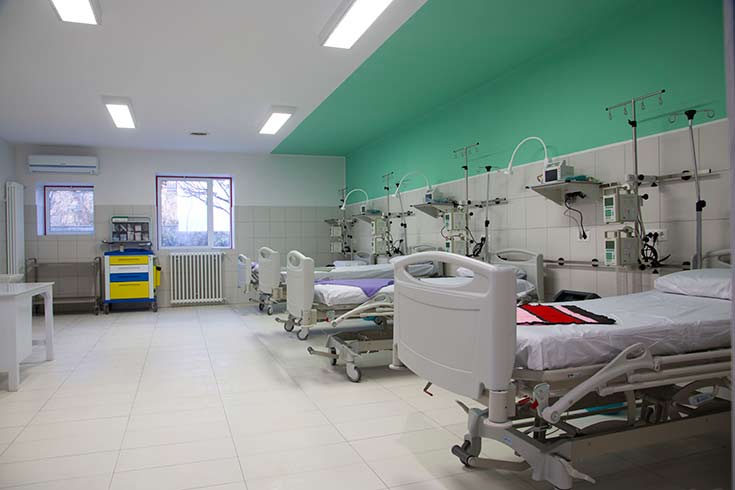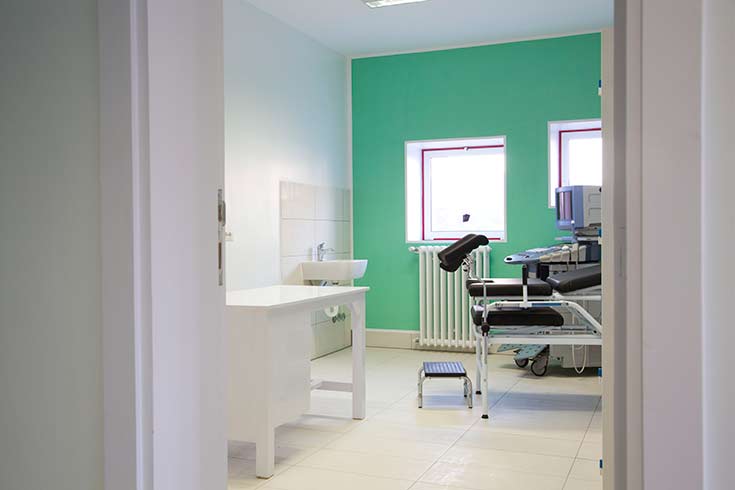In pictures: Emergency's new building at Anabah's Maternity Centre
On Thursday December 8, the NGO Emergency inaugurated the new building at the Maternity Centre in Anabah, Afghanistan. The expansion of the existing Centre, which opened in 2003, will enable the organisation to further improve the medical assistance provided to mothers and children living in the Panjshir Valley and surrounding provinces.

For every 100,000 live births in Afghanistan, about 400 mothers will die. Though this maternal mortality ratio is a fraction of its earlier levels, it is still one of the highest in the world. Most of these deaths are preventable; one of the main reasons they continue to happen is because women don’t have access to specialised maternal healthcare. That’s why Emergency’s Maternity Centre is open 24/7, and is always free of charge.
“Over the years we have won the trust of local Afghans, who are more and more convinced every day of the importance of specialised maternal healthcare,” says a spokesperson from the NGO. “As many as 500 babies are now born every month at the Maternity Centre – that’s almost 17 a day.
“The Centre’s services are in high demand, but not only from local women; 77 per cent of patients admitted come from outside the local province, Panjshir. In addition, the number of new-born babies admitted to the neonatal intensive care unit has been steadily increasing in recent years; currently there is an average of 170 admissions each month.”

Over the years, the Maternity Centre has become a focal point for the local population, reaching an average of more than 500 deliveries per month. In order to provide even more efficient and effective medical care to the growing number of patients, the NGO started working on expanding the existing facilities in 2015. The construction works and the facility set-up have taken over one year, with an overall cost of €1.5 million, bringing together the work of different professionals and technicians from Afghanistan and Europe.
The new Maternity Centre is a state-of-art hospital, furnished with high quality biomedical equipment and includes: one new operating block with four delivery rooms; two operating theatres; one intensive care unit; one neonatal sub-intensive care unit; one intensive care unit for women with complications during delivery; one outpatient clinic; one gynaecological ward; an area dedicated to follow-ups; and one for women in labour.

To provide access to women living in more remote areas, Emergency has also created a network of First Aid Posts (FAPs) and Primary Health Clinics (PHCs) spread over the Panjshir Valley and the surrounding provinces. Through these, international and national midwives monitor pregnancies of local women, and refer those who are in need of further check-ups to the Maternity Centre. These patients are transported in Emergency’s ambulances.
Furthermore, to provide assistance to the many women who still prefer to give birth at home, a Childbirth Education Programme was initiated in late 2005 with the distribution of sanitary kits to improve hygiene and prevent infection.
However, Emergency’s Maternity Centre in Anabah is more than just a hospital. It’s also a place for empowering local women. The 62 national staff employed and trained at the Maternity Centre are exclusively women: 27 nurses, 21 midwives, two junior gynaecologists and 12 non-medical staff. Says a spokesperson: “Our national staff are trained and supervised by international staff, who provide them with theoretical and practical training. In all Emergency facilities the provision of on-the-job training is essential to allow staff to improve their skills.”
The Maternity Centre provides training in midwifery and nursing, and has been recognised as a national training centre for specialisation in gynaecology by the Afghan Ministry of Health.
Emergency has been working in Afghanistan since 1999, providing medical and surgical care to war victims in its three Surgical Centres (Anabah, Kabul, Lashkar-gah) and in its network of 40 FAPs and PHCs across the country.
